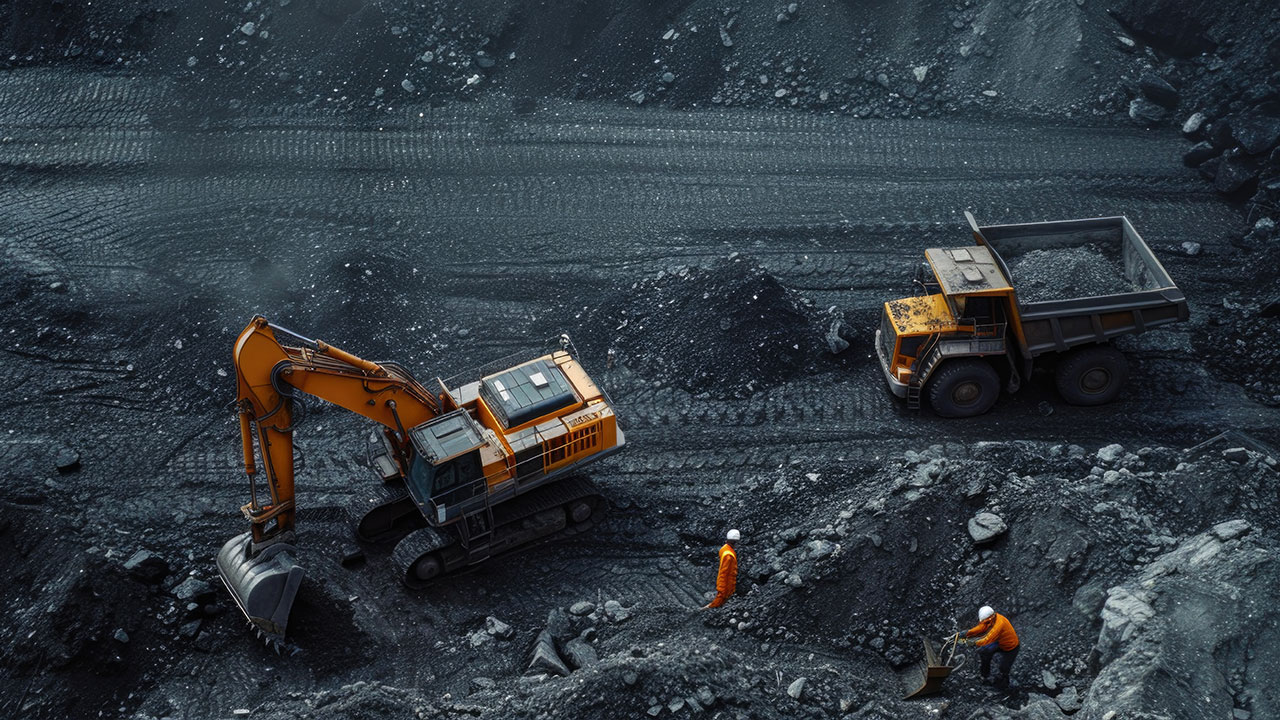
Yellow Pad
By Nepomuceno Malaluan

Among the first movements in the ongoing Cabinet revamp is the transfer of Secretary Raphael Lotilla from the Department of Energy (DoE) to the Department of Environment and Natural Resources (DENR). The mining industry was an early well-wisher, with Chamber of Mines of the Philippines chairman Michael Toledo expressing excitement to see under Mr. Lotilla’s leadership “the fruition of President Ferdinand R. Marcos, Jr.’s vision for maximizing the full potential of the Philippine minerals development industry.”
Expressing the mining industry’s preferred policy direction, Mr. Toledo calls for “an enabling environment for mining, including reduction of the mining exploration and permitting process as well as other investment-friendly initiatives.”
When addressing the mining industry’s policy bias, we hope Mr. Lotilla will tread with careful consideration, especially at this juncture of far-reaching global reordering. The world is undergoing a profound shift in economic relations, moving from multilateralism to transactional geopolitics. The trade war initiated by US President Donald Trump has brought to the forefront strategic industrial rivalries and a race to secure and control critical value chains.
The Singapore Prime Minister’s statement to parliament (April 8) in the wake of the US reciprocal tariffs captures the moment: “We have known for some time that the world is in flux. The familiar signposts are fading. But the contours of a new global system have yet to take shape. So we are in a period of transition — uncertain, unsettled, and increasingly unstable. The recent ‘Liberation Day’ tariff announcements by the US confirms this stark reality: the era of rules-based globalization and free trade is over. This marks a profound turning point. We are entering a new phase in global affairs — one that is more arbitrary, protectionist, and dangerous.”
At the center of this shift are two pivotal domains: green energy and Artificial Intelligence (AI). The first is driven by the climate emergency, as countries compete to lead in clean energy technologies. The second is propelled by rapid digital disruption that is transforming production systems, everyday life, and the architecture of national security.
President Trump, speaking to the media on May 25 about the target of his reciprocal tariffs, remarked: “We’re not looking make sneakers and T-shirts. We want to make military equipment. We want to make big things. We want to make, do the AI thing.”
Philippine minerals, particularly copper and nickel, plug directly into both value chains. They are critical inputs to batteries, semiconductors, electric vehicles, power systems, and cooling infrastructure, not to mention numerous allied industries, that overlap the two value chains.
However, the way the Philippine economy is currently structured, we remain mere consumers in these future-defining industries. In this context, minerals may arguably be our only viable point of strategic leverage. In such geo-economic competition where climate goals and technological supremacy intersect with national security, the role of the state must evolve. The neoliberal framework, which cast the state primarily as regulator, provider of public goods, redistributor, and facilitator of “enabling environments” for markets, was premised on the assumption of open global markets and the efficiency of comparative advantage. But today’s world is becoming increasingly fragmented, and the logic of comparative advantage is giving way to strategic competition. Given these developments, the state must act as an active agent in shaping industrial outcomes. They require political-economic planning and decisions that bear directly on our sovereignty, resilience, place in the world, and ultimately, our future.
Unfortunately, our current mining governance practice does not support this kind of strategic ambition. It is mainly designed around revenue collection through excise taxes, royalties, and fees, alongside compliance with environmental protection standards and regulations. This essentially reduces our mineral wealth to a one-time sale, a mere source of fiscal rent rather than a lever for structural transformation.
To overhaul this, we need a national effort to understand and act upon the value chains where our minerals matter. This requires research and analysis into green energy and AI-linked supply chains, identifying the strategic nodes where the Philippines can meaningfully participate not just as a raw minerals supplier, but as a manufacturing and innovation contributor. The Action for Economic Reforms Industrial Policy Team is prepared to contribute to this research and analysis process, and to work with key stakeholders to evolve mutual learning and strategic consensus.
But a critical starting point is a shift in mindset away from the long-dominant market-first planning ideology. Market mechanisms have their role. At the same time, a proactive, developmentalist state is necessary to enable strategic intervention for innovation and geopolitical-economic resilience in high-stakes technology competition. This requires public purpose and political will.
What a shift in mindset will make possible is industrial policy, not in the narrow sense of past interventionism, but in a more contemporary, strategic form. This will include aligning industrial capabilities with national priorities, coordinating infrastructure, finance, education, and trade to support targeted sectors in the green energy and AI domains. It must extend to direct participation in ownership and operations, where justified. Minerals will be regarded not just as export products but as assets to propel transformation. But what we need even goes beyond the traditional industrial policy model. In the current context, it must be green, digital, inclusive, and strategically situated within shifting global realities.
This ideological reorientation is constitutionally supported. Article XII, Section 2 of the 1987 Constitution provides that minerals and other natural resources are owned by the State, and may only be explored, developed, and utilized under its full control and supervision. This is not a passive clause. It compels the State to act not merely as rent collector, but as a strategic actor in directing how mineral wealth serves national development. Sadly, while the existing framework covers exploration and development, it has largely abdicated the function of utilization, handing it over to private commercial interests for export in raw form.
In addition to this mandate of ownership, the Constitution also guarantees the right of the people to a balanced and healthful ecology, and the right of people and their organizations to effective and reasonable participation and adequate consultation in decisions affecting them. These are not procedural niceties but substantive obligations. Together, they form a three-fold combination of the exercise of sovereign ownership, ecological stewardship, and democratic participation in minerals governance.
This brings us to the central responsibility now placed on the shoulders of Mr. Lotilla. As head of the department entrusted with the conservation, management, development, and proper use of the State’s mineral resources, he assumes not just a regulatory mandate but a historic opportunity to chart a new path. This responsibility does not come at an ordinary time. It comes amid the convergence of geopolitical rivalries, climate emergency, technological shifts, and contested value chains. The stakes could not be higher. What the country needs is not just stewardship of permits, but leadership in rethinking its development trajectory.
The State must move beyond its self-conception as a mere market facilitator. We need more than regulatory efficiency. Minerals are not just natural resources; they are a source of strategic leverage in this pivotal moment. We cannot afford to squander them, lest we mine our future away.
Nepomuceno Malaluan is a founding trustee of Action for Economic Reforms and a former DepEd undersecretary.